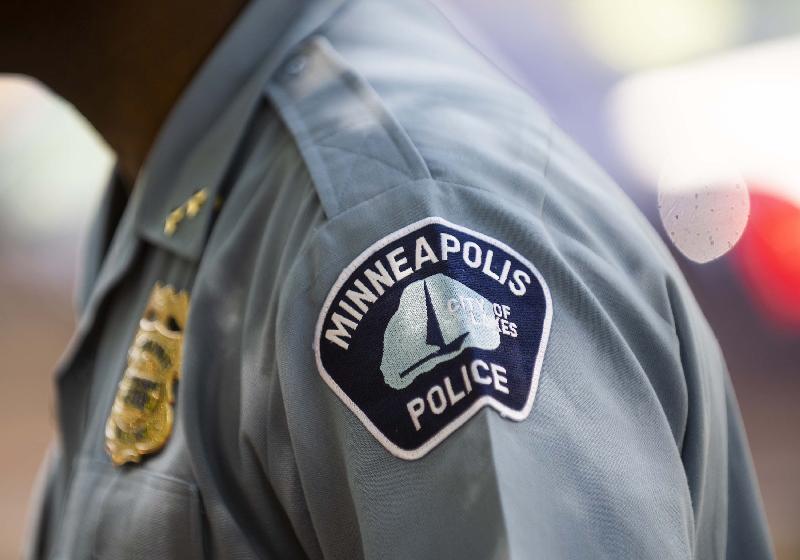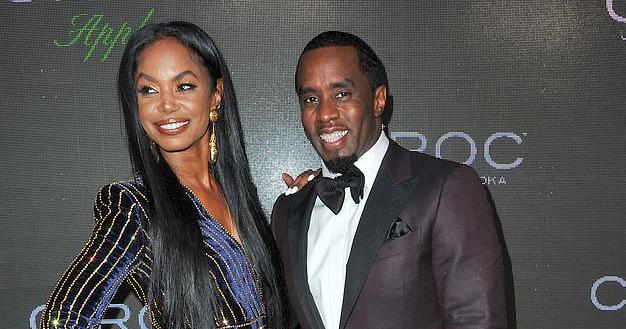*(CNN) — Minneapolis and its police department engaged in “a pattern or practice of race discrimination,” Minnesota human rights officials said in a report Wednesday stemming from an investigation launched one week after the Memorial Day 2020 killing of George Floyd at the hands of a police officer.
State Human Rights Commissioner Rebecca Lucero, at a news conference, lambasted the organizational culture of a department marred by “flawed training which emphasized a paramilitary approach to policing,” a lack of accountability and the failure of police leaders to address racial disparities.
The report paints a damning picture of policing in Minneapolis, where according to Lucero Black residents represent about 19% of the population yet 78% of all police searches from 2017 to 2020 involved Black residents and their vehicles.
CNN has reached out to Minneapolis police and the mayor’s office for comment.
MORE NEWS ON EURWEB: DOJ Agrees with Jay-Z and Yo Gotti on the Poor State of Parchman State Prison | VIDEO

Attorneys representing the families of Floyd and Amir Locke — another Black man who died at the hands of Minneapolis police — praised the findings as “historic” and “monumental.”
“We hope this leads to placing the city and the police department under a state-ordered consent decree, which would give us assurance, at last, that real change in policing is possible, and Minneapolis can become a safer city for its Black residents,” said the statement from Ben Crump and co-counsel Antonio Romanucci and Jeff Storms.
“We are grateful and deeply hopeful that change is possible and is imminent. We call on city, state, and Police leaders to accept the challenge of these findings and make meaningful change at last to create trust between communities of color in Minneapolis and those who are sworn to protect and serve them.”
The Minnesota Department of Human Rights said on its website that it will “meet with community members, MPD officers, City staff, and other stakeholders to gather feedback on what should be included in a consent decree to address racial discrimination in policing in Minneapolis.”
The report cited “racial disparities in how MPD officers use force, stop, search, arrest, and cite people of color” and officers’ “use of covert social media to surveil Black individuals and Black organizations, unrelated to criminal activity.”
The report also accused the department of “deficient training, which emphasizes a paramilitary approach to policing that results in officers unnecessarily escalating encounters or using inappropriate levels of force.”
11 years of information reviewed
The investigation originated with a June 1, 2020, filing against the city by the Department of Human Rights to determine if police engage in a “pattern-or-practice” of race discrimination.
The investigation reviewed 11 years of information, including stops, searches, arrests, use of force, procedures and training.
The state obtained a temporary court order in 2020 requiring the city of Minneapolis and Minneapolis police to implement immediate changes — including prohibiting neck restraints and choke holds and requiring officers to intervene in other officers’ unauthorized uses of force, among other changes.
The US Justice Department launched its own investigation into the practices of Minneapolis police in April 2021.
Pattern-or-practice investigations of police departments are relatively uncommon, and look for patterns of racist, discriminatory, or otherwise problematic behaviors, with the goal of overhauling the way those departments operate.
Former Minneapolis police officer Derek Chauvin was convicted in April 2021 of second-degree unintentional murder, third-degree murder and second-degree manslaughter. He is appealing the conviction.
Body camera and bystander video that captured the final moments of Floyd’s life on May 25, 2020, shows Chauvin kneeling on the 46-year-old Black man’s neck and back for more than nine minutes as Floyd gasped for air and told officers, “I can’t breathe.” Floyd’s death and the video ignited prolonged protests across the country over police brutality and racial injustice.
The former officer was sentenced to 22 and a half years in prison, which exceeded Minnesota’s sentencing guideline range of 10 years and eight months to 15 years. As part of a plea agreement, Chauvin pleaded guilty in December to federal civil rights charges related to Floyd’s death and the restraint of a teenager in a separate incident.
Three other officers were convicted in February of violating Floyd’s civil rights by a federal jury in St. Paul, Minnesota.
In the Locke case, prosecutors last month declined to file charges against the Minneapolis police officer who fatally shot the 22-year-old man or any other officers involved in the no-knock warrant service that led to Locke’s death in early February.
An officer shot Locke within a few seconds of entering an apartment after prosecutors said Locke emerged from a couch with a handgun and raised it toward an officer. The officer, and others on the Minneapolis SWAT team, were there serving a warrant in a homicide investigation.
The-CNN-Wire
™ & © 2022 Cable News Network, Inc., a WarnerMedia Company. All rights reserved.
We Publish News 24/7. Don’t Miss A Story. Click HERE to SUBSCRIBE to Our Newsletter Now!





